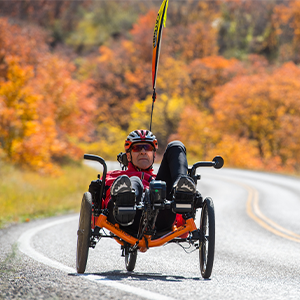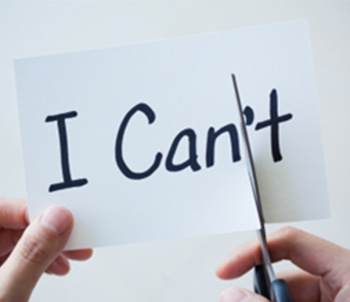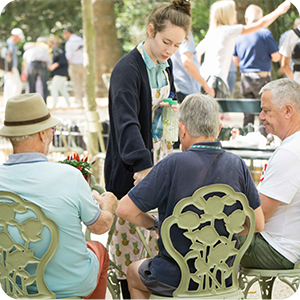
Behind that smiling countenance and bullet-proof positive attitude that you’re likely to encounter is the other me: frustrated, beaten down and yes, depressed. Sometimes. Lately it feels like it’s more often than not. My aging spinal cord injury isn’t helping things. Walking, even with crutches, is more difficult than ever. Two worn out painful shoulders are awaiting replacement surgery. Leg spasms are ruling the day. Waaah. Sounds like a lot of complaining to me.



